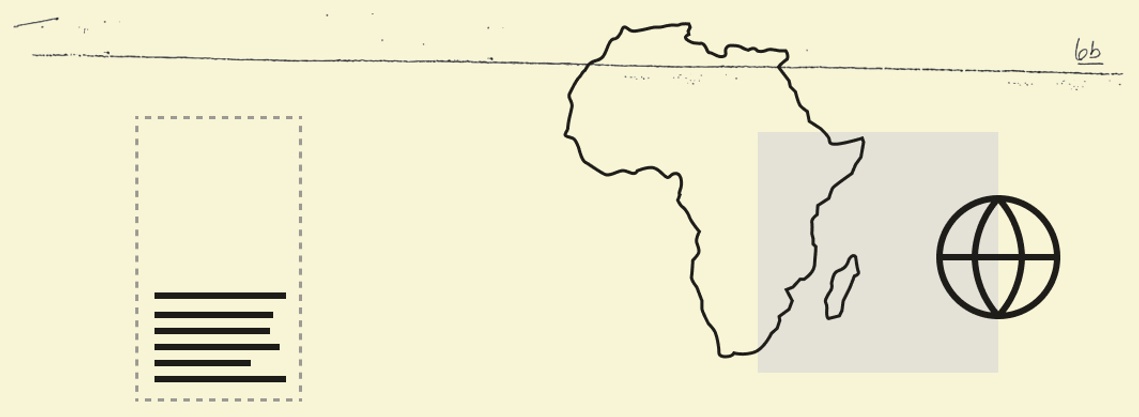 Tech MarkDenver Karubiu/Wikimedia Commons MarkDenver Karubiu/Wikimedia Commons🇰🇪 Uber increased its fares in Kenya by 10% following pressure from drivers that fares determined by the company’s algorithms were way below market realities in the country. 🇳🇬 Nigerian payments company Paystack said it processed 1 trillion naira ($636 million) in July, the first time it would hit the mark in a single month. Geopolitics 🇺🇬 Uganda recalled its consul general to the United Arab Emirates and other officials over reports that privately-procured gambling machines shipped under diplomatic cover between Russia and the Middle East were being operated at the consulate in Dubai. 🇳🇪 🇧🇯 Niger is set to resume oil exports after it reached an agreement with neighboring Benin to resolve a border dispute, both nations confirmed. Energy🇸🇴 Turkey will send the Oruc Reis research vessel to explore offshore oil blocks belonging to Somalia in a bid to diversify its supply of crude oil. 🇬🇭 Ghanaian President Nana Akufo-Addo on Monday launched the construction of a 300,000 barrel-per-day oil refinery in the southwest of the country. The first phase of the project is estimated to cost $12 billion and will be funded by a consortium of companies. Governance 🇿🇦 The South African city of Cape Town introduced a digital control room to track its water and sanitation facilities, at the cost of 7.4 million rand ($414,000). South African cities have been beset by water and sanitation problems in recent years. 🇸🇩 Sudan’s ruling Transitional Sovereign Council said it will send a delegation to Cairo for discussions with mediators about the implementation of an agreement that would see the paramilitary Rapid Support Forces leave civilian areas. 🇸🇴 Somalia’s cabinet approved a bill that allows a one-person-one-vote election system which will replace a complex clan-based indirect voting system. 🇬🇭 Ghana’s Vice President Mahamudu Bawumia unveiled the manifesto of the ruling New Patriotic Party ahead of the nation’s general election in December. Deals🇿🇦 HSBC is exploring the sale of its South Africa division with banks in China and United Arab Emirates interested, Bloomberg reports citing sources. 🇰🇪 Kenya-based consumer group Bidcoro Africa received approval from the Competition Authority of Kenya to acquire Suntory Beverage and Food Africa, makers of Ribena and Lucozade. 🌍 Liquid Technologies, an African technology company, won exclusive rights to sell and distribute technology systems by Globalstar in the Gulf, Middle East and Africa to improve 5G access in those regions. 🇿🇦 Qatar Airways has taken up a 25% stake in South African regional carrier Airlink, the companies announced on Tuesday. |